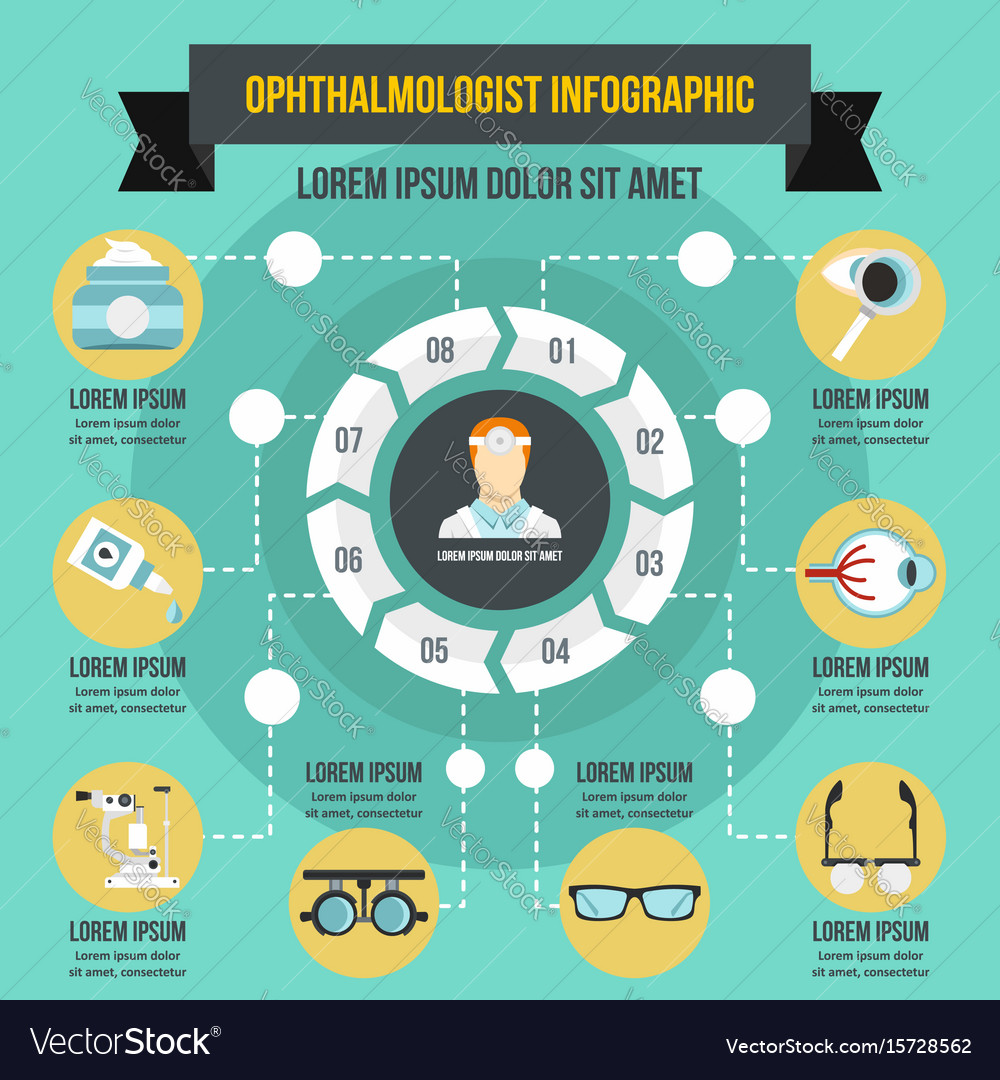Is SMILE Eye Surgical Treatment Ideal For You? Key Insights And Considerations To Review
Is SMILE Eye Surgical Treatment Ideal For You? Key Insights And Considerations To Review
Blog Article
Created By-Clay Moss
If you're pondering SMILE eye surgical treatment, ponder this: are you prepared to embrace potential visual liberty, or does the idea of any kind of dangers make you wait? Your decision will certainly hinge on a cautious balance of weighing the advantages against the unpredictabilities. It's crucial to delve deeper right into the subtleties of SMILE surgical treatment to make an enlightened option that lines up with your visual objectives.
Comprehending SMILE Eye Surgical Procedure
When considering SMILE Eye Surgical procedure, it is necessary to recognize the procedure and its advantages. SMILE, which stands for Small Laceration Lenticule Removal, is a minimally intrusive laser eye surgical procedure that fixes usual vision issues like myopia (nearsightedness).
During should cataract surgery be done on both eyes , your eye surgeon will certainly make use of a femtosecond laser to produce a tiny incision in your cornea. Via this laceration, a small disc of cells called a lenticule is removed, improving the cornea and fixing your vision.
One of the essential benefits of SMILE Eye Surgical procedure is its fast recovery time. Several clients experience enhanced vision within a day or 2 after the procedure, with marginal discomfort.
Furthermore, SMILE is known for its high success price in offering lasting vision improvement. Unlike LASIK, SMILE does not need the development of a flap in the cornea, decreasing the risk of complications and allowing for a much more stable corneal framework post-surgery.
Recognizing the procedure and its advantages is crucial when thinking about SMILE Eye Surgical treatment for vision correction.
Benefits and drawbacks of SMILE
Taking Into Consideration SMILE Eye Surgical procedure for vision correction includes various benefits and possible downsides.
One of the major pros of SMILE is its minimally intrusive nature, as it entails a little incision and typically leads to fast healing times. The treatment is also recognized for causing very little pain and completely dry eye signs and symptoms post-surgery compared to various other vision modification approaches. Additionally, SMILE has actually been shown to provide excellent aesthetic outcomes, with many patients attaining 20/20 vision or better.
On the other hand, a potential disadvantage of SMILE is that it may not be suitable for individuals with extreme refractive errors, as the treatment variety is rather minimal compared to LASIK. One more factor to consider is that the learning curve for doctors executing SMILE can influence the accessibility of skilled suppliers in particular locations.
https://www.healio.com/news/ophthalmology/20210512/refractive-lensectomy-challenges-laser-iridotomy-as-management-for-narrow-angles is necessary to weigh these pros and cons carefully when determining if SMILE is the best choice for your vision adjustment requirements.
Establishing Eligibility for SMILE
To establish if you're eligible for SMILE eye surgical treatment, your eye doctor will conduct a comprehensive assessment of your eye wellness and vision needs. During this evaluation, elements such as the security of your vision prescription, the thickness of your cornea, and the total wellness of your eyes will be examined.
Generally, prospects for SMILE more than 22 years old, have a stable vision prescription for at least a year, and have healthy corneas without problems like keratoconus.
Your ophthalmologist will certainly additionally consider your total eye health, any existing eye conditions, and your way of life needs to establish if SMILE is the appropriate choice for you. It's important to connect any type of details visual needs or problems you might have throughout this evaluation to make sure that the treatment lines up with your expectations.
If you aren't qualified for SMILE, your ophthalmologist might recommend alternate vision improvement choices that much better suit your private requirements and eye health and wellness status.
Final thought
Eventually, choosing whether SMILE eye surgical procedure is right for you calls for cautious consideration of your individual eye health and wellness and aesthetic requirements. Talk to your eye doctor to identify your qualification for the procedure and consider the possible benefits and drawbacks. Remember to communicate any worries or concerns you may have throughout the evaluation procedure to make an enlightened choice concerning your vision improvement options.
